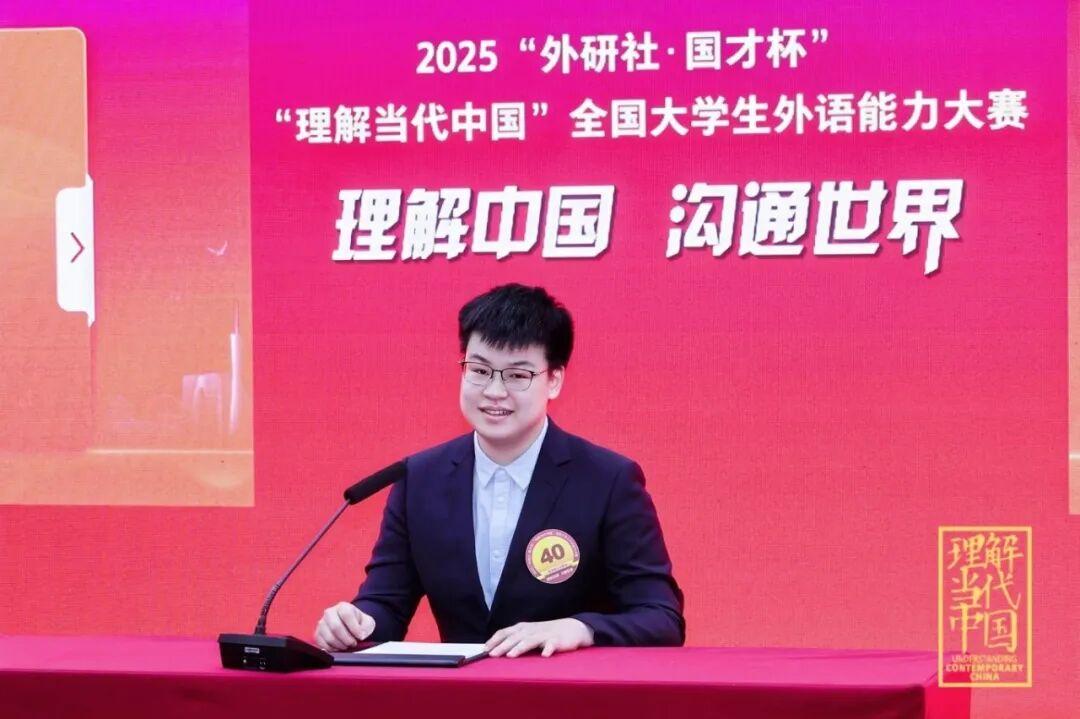Undergraduate Research as a Must: WKU Marks 10 Years of Student Research Day

“Thanks to ‘Student Research Day’, I realized that research isn’t something distant—it’s much closer to us than we think.” Wenzhou-Kean University (WKU) recently celebrated a milestone—its 10th annual Student Research Day, a tradition that’s reshaped how students view academic inquiry. During the opening ceremony, Wang Yiling, a graduating senior from the Psychology Department, shared her experience. Wang has taken part in seven research projects during her undergraduate years, gaining valuable skills in communication and critical thinking. Her research experience also paved the way for successful applications to research-focused master’s programs abroad. She has received offers from world-renowned institutions, including the UCL-Yale Collaborative Program, the University of Chicago, and King’s College London.
Since launching in 2016, WKU’s Student Research Day has attracted over 3,500 participants and featured more than 2,500 research projects, making it a central driver for undergraduate research and future scholars.
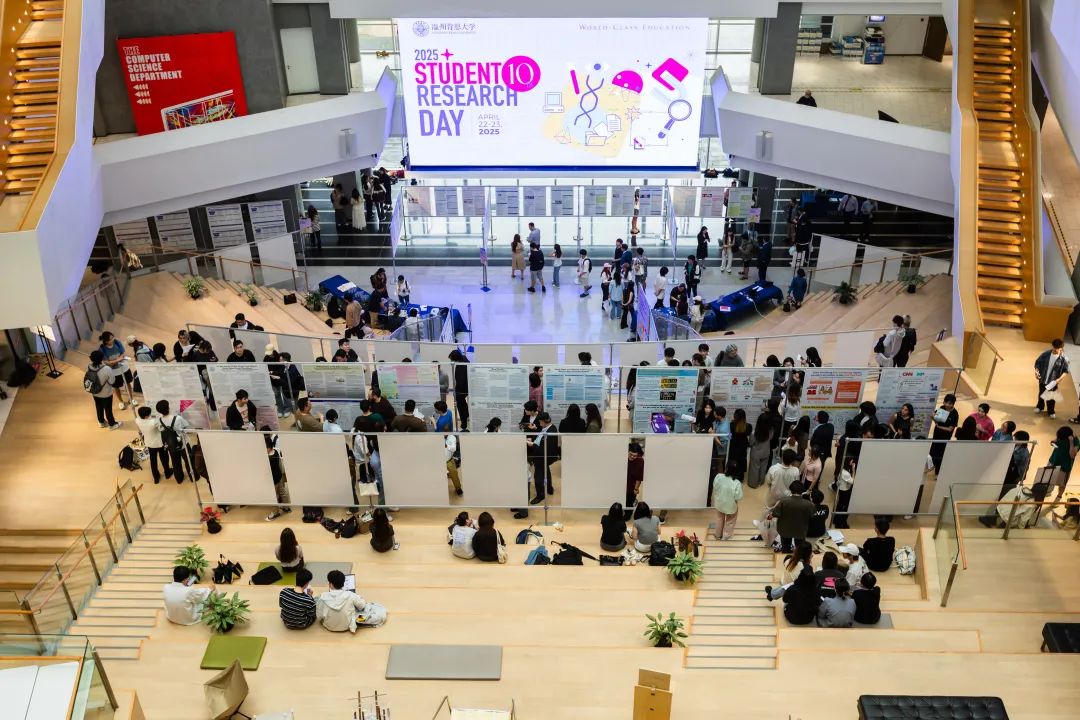
WKU Research Day Highlights: Over 600 Students and 400 Research Projects
Upon entering WKU’s Ge Hekai Hall, visitors are greeted by rows of presentation boards and lively discussions. As more than 600 students this year presented more than 400 research projects, turning the space into a hub of curiosity and innovation.
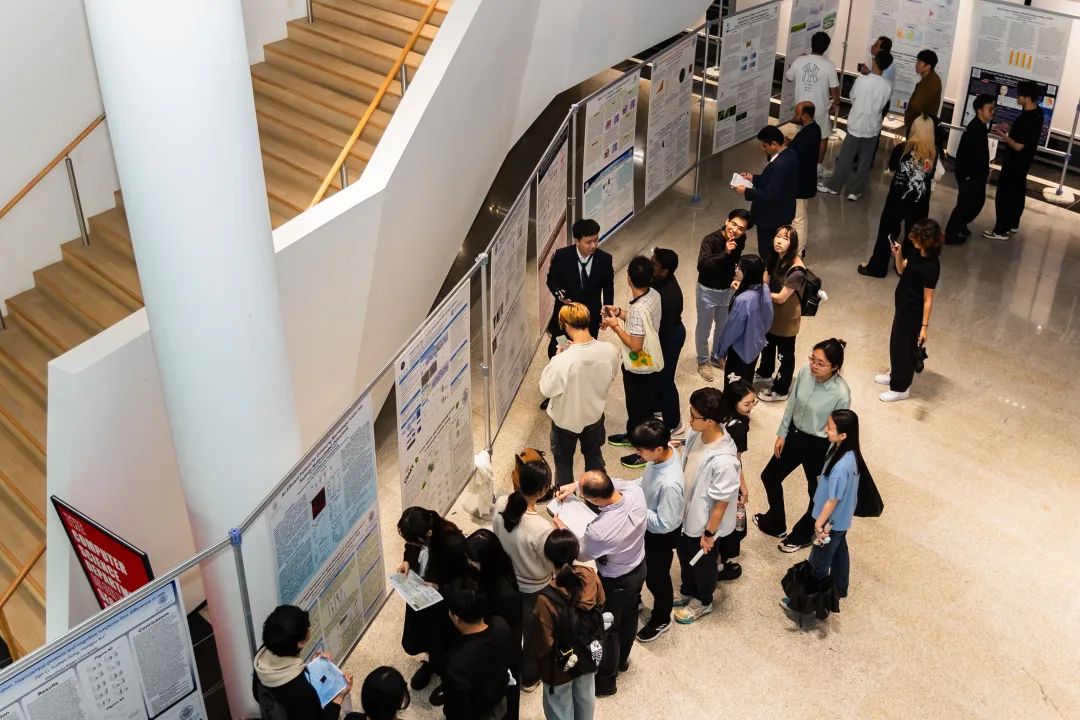

The research projects were developed by WKU students and cover fields from biology, economics, mathematics and computer science to psychology and education, reflecting WKU’s global research practices and interdisciplinary spirit. Students presented their findings through vibrant poster displays and three-minute speeches, offering a dynamic platform for students to showcase their work.
One standout project in artificial intelligence came from accounting majors He Xinye, Huang Yuwei, and Chen Keqi, who surveyed 259 students. Their findings? Frequent users of AI tools like ChatGPT tended to have higher GPAs. Their study, “How Generative AI Tools Affect Academic Performance”, highlights that AI is becoming a “study assistant” for students but stresses the importance of proper guidance from instructors to prevent over-reliance. In public health, a Malaysian-led international team studied the potential impact of pet diseases on public health. By sequencing the genome of a multidrug-resistant bacterial strain, they revealed the risks of cross-species transmission. Psychology student Wang Shimeng presented her study, “A Longitudinal Study of Neurotic Traits and Life Satisfaction: The Meditating Role of University Belonging.” Her study revealed that students who often experience emotional fluctuations reported lower life satisfaction, but this negative effect was significantly reduced when they felt a sense of belonging on campus. Her research calls for universities to pay greater attention and make efforts in fostering an inclusive, emotional and supportive campus environment.
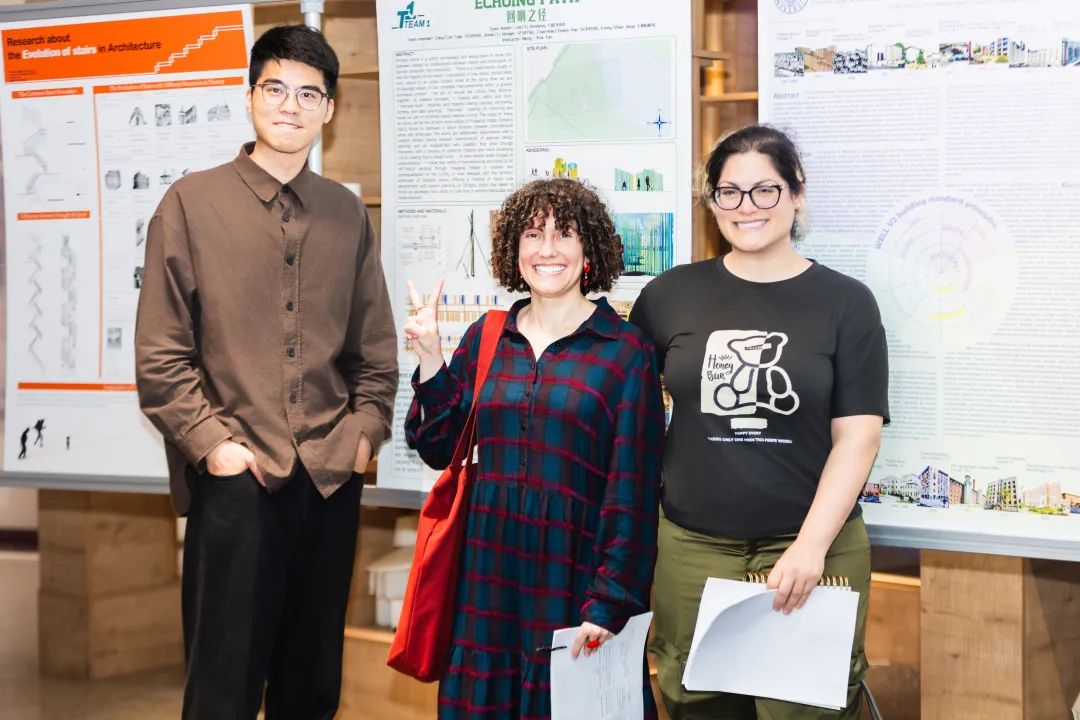
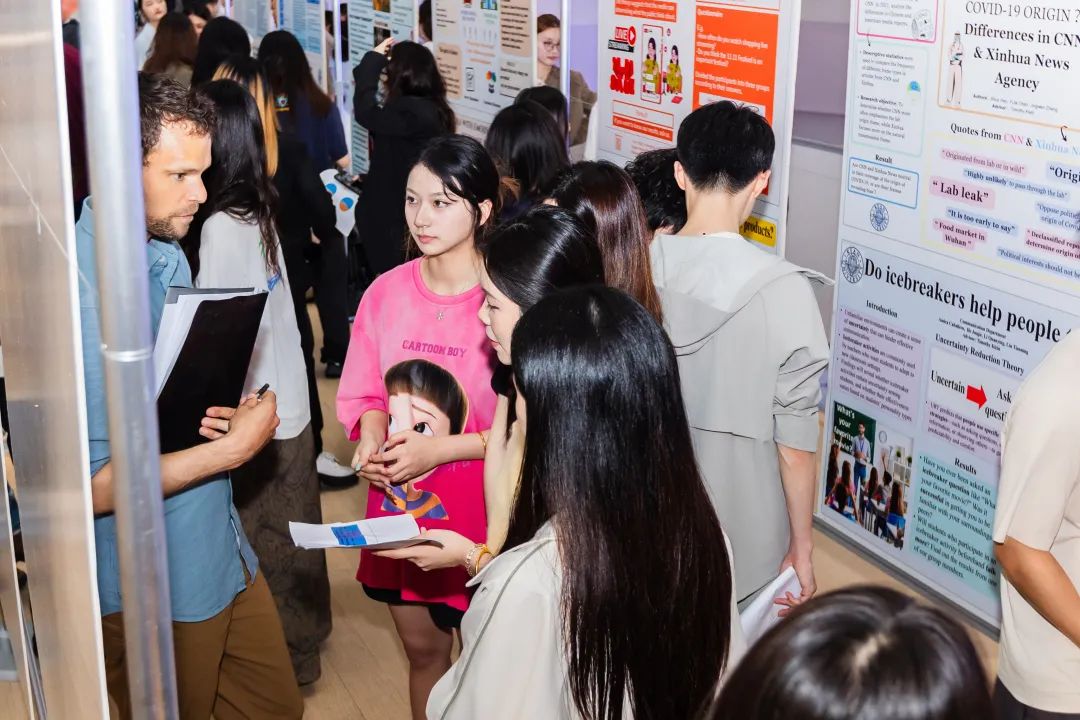
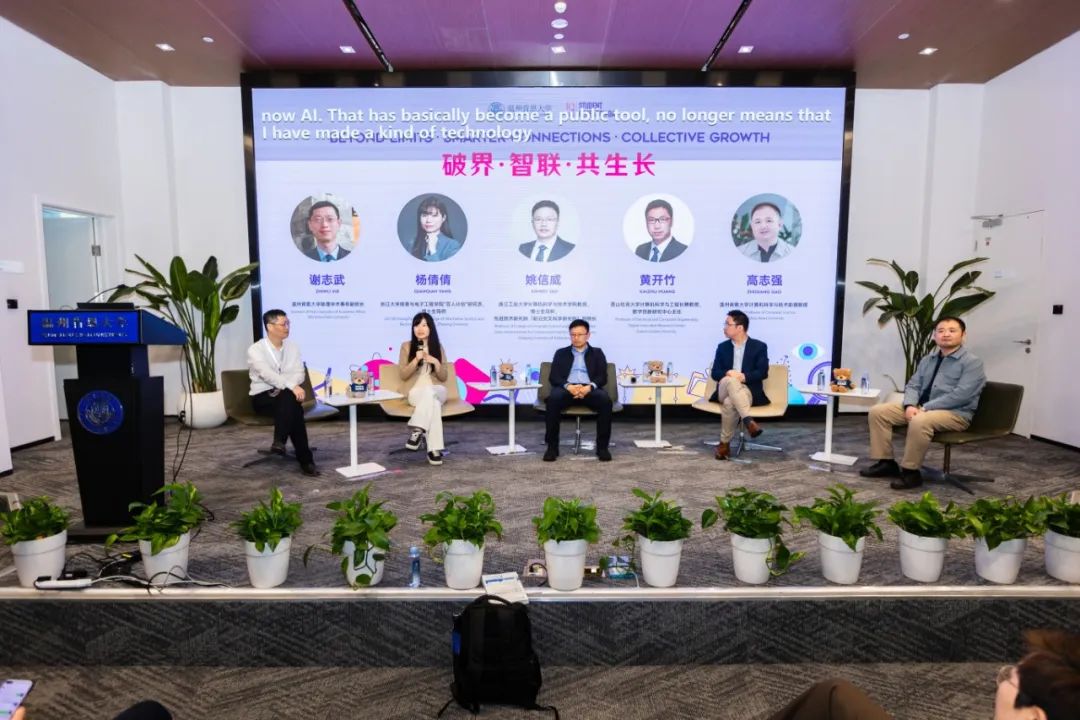
Over 3,500 Participants and 2,500 Projects: A Decade of WKU Research Day
Wenzhou-Kean University launched its first “Student Research Day” in 2016 with the goal of building a diverse high-level research platform. Over the past decade, Student Research Day has attracted more than 3,500 participants and showcased over 2,500 research projects, making it a cornerstone for collaboration between undergraduate and postgraduate studies. From the inaugural Research Day, with just 72 student participants, to nearly ten times that number today, research at WKU has evolved from a niche activity to an integral part of the academic journey. Research once seen as an extra add-on for graduate school applications, has now become a “compulsory course” that supports the academic growth of many students.
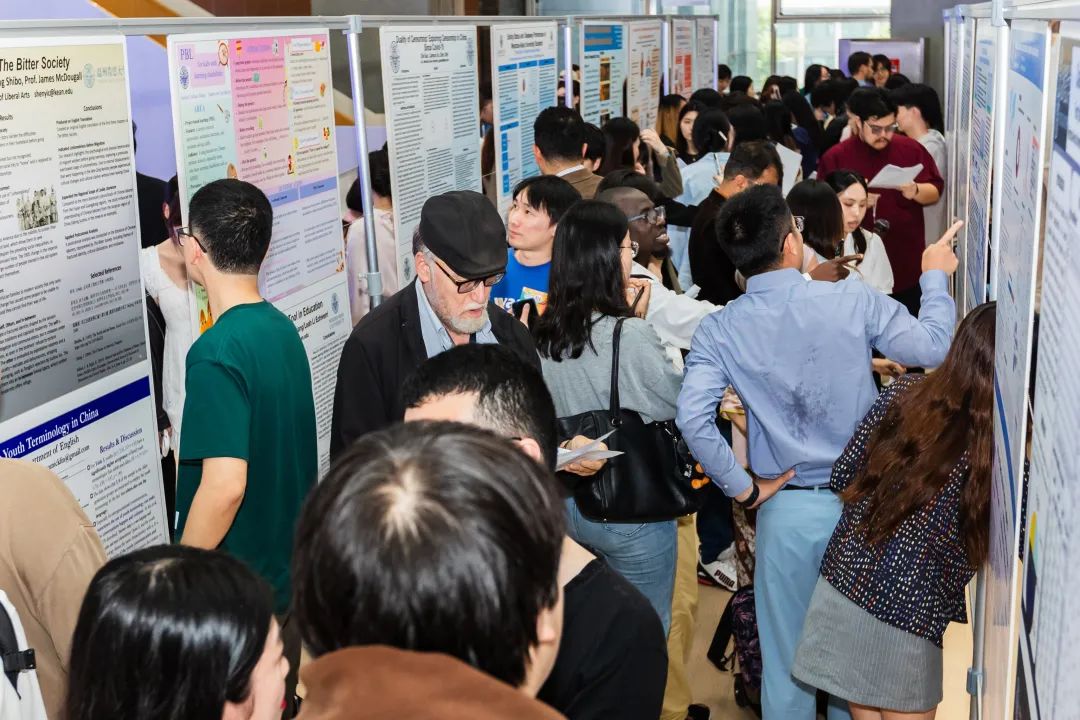
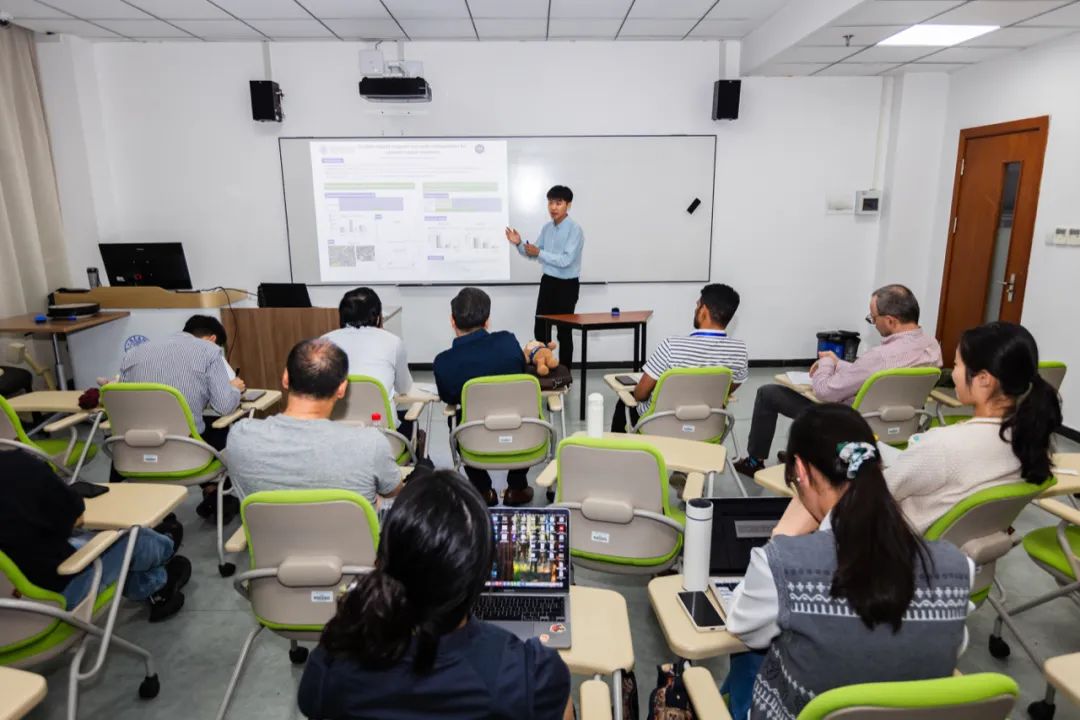
“Student Research Day” offers a platform for students to showcase their research and encourages critical thinking, teamwork, innovation and leadership skills. This year’s 10th edition celebrated not only student achievements but also WKU’s broader commitment to research development and student-centered education. An official from WKU credits the event with building a strong academic culture on campus rooted within students’ spirit of curiosity and exploration.

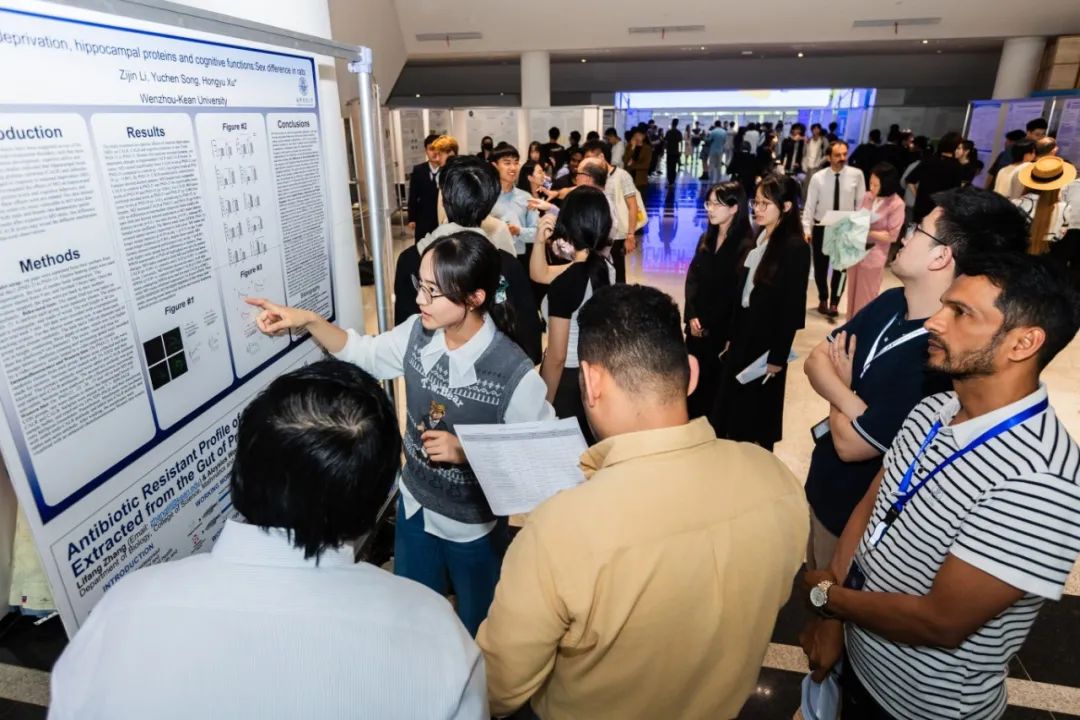
From the laboratory to the community, and from academic papers to practical products, “Student Research Day” emerges as a foundational starting point and a pivotal milestone for the development of WKU students. Dr. Jungbin Kim, a faculty member in the College of Science, Mathematics, and Technology, emphasizes that importance of integrating research into real-world challenges. “Scientific inquiry should transcend the boundaries of purely academic disciplines,” he states. “It must address the tangible issues that we encounter in daily life.” One example of this approach in action is Dr. Jungbin Kim and his team of six students who have undertaken a municipal water recycling project. The team developed a system using reverse osmosis and electrodeposition to clean surface water and remove heavy metals from sources in Wenzhou. Their work was recognized internationally at the 14th Asia-Pacific Membrane Society Conference and has resulted in a patent filing.
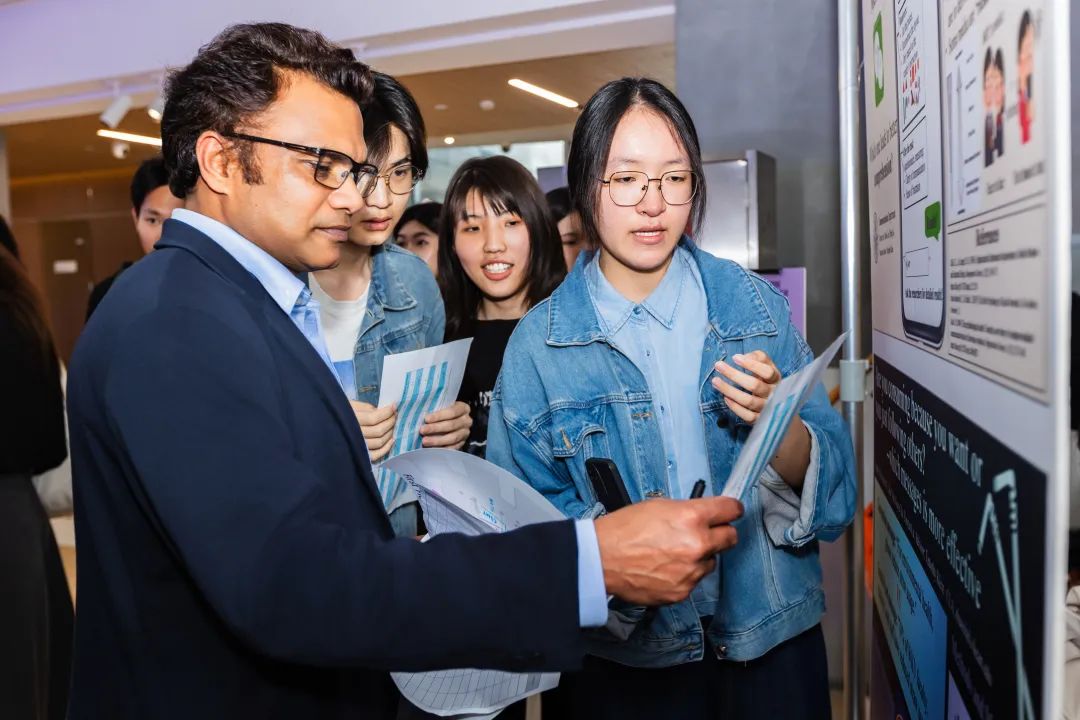
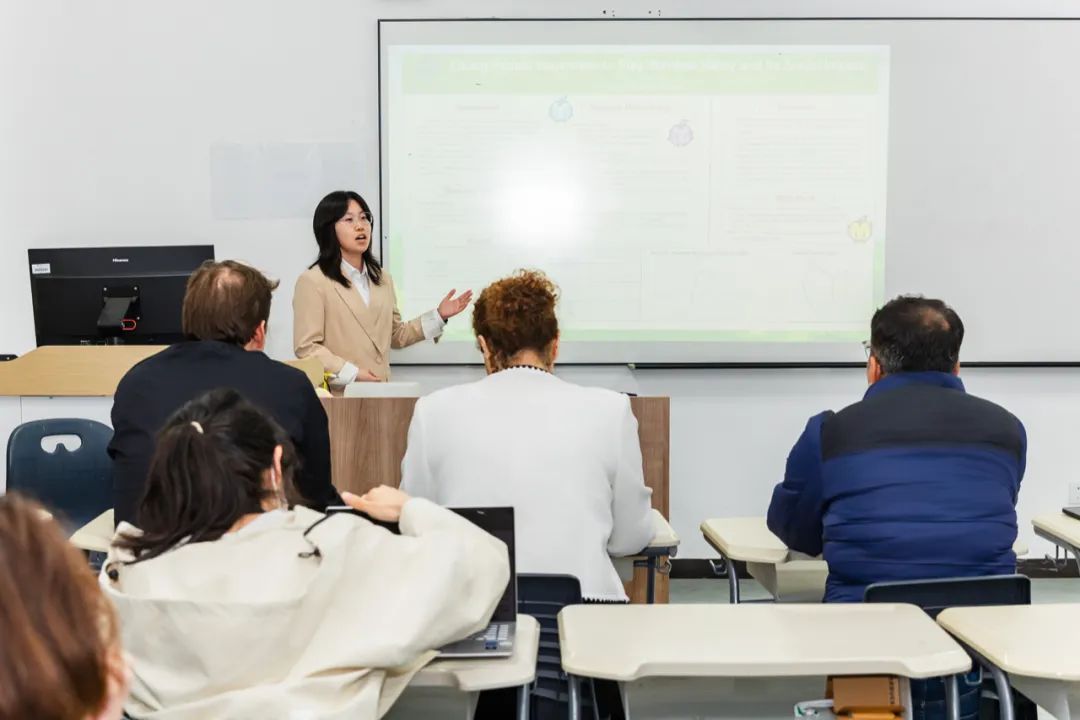
From this platform, other WKU students have developed innovations with real world impacts. In the Biology department under faculty guidance, students developed an antibacterial laundry detergent that now holds patents in both China and Europe and has been successfully commercialized.
In addition to “Student Research Day,” the university has established the “Student Partnering with Faculty/Staff Research Program,” which covers the entire research process, from early-stage exploration to project implementation and publication. As of September 2024, more than 500 students collaborated with 130 faculty members on over 280 research projects with funding amounting to nearly seven million RMB.
WKU has also supported over 500 students in participating in academic conferences both in China and internationally, giving them the opportunity to share their work on global stages. More than 250 student-led papers have been published in top academic journals, with many students listed as first or corresponding authors, a sign of their growing role in research and WKU’s rising influence in research.
Translator: JIN Ziyang, ZHENG Siyuan
Proofreader: Amira Caballero
- Wenzhou-Kean University Spearheading Sustainability in Higher Education in Asia and in China, Awarded the AASHE STARS Gold-Certified in Sustainability
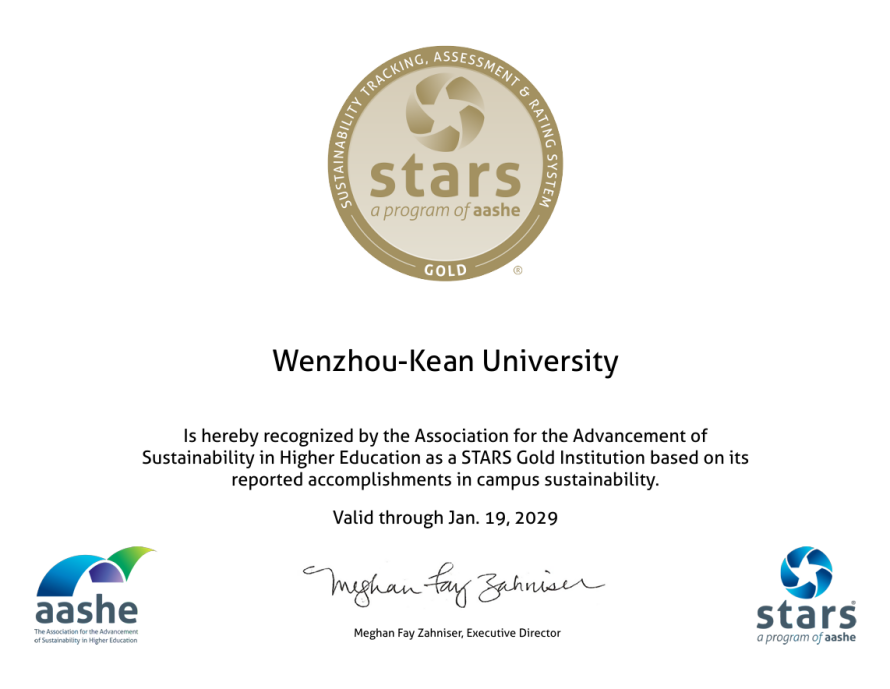
- Media Report | Wenzhou Daily: A Window into Friendship Between Chinese and U.S. Youths Wenzhou-Kean University Welcomes 340 Young Americans in Two Years
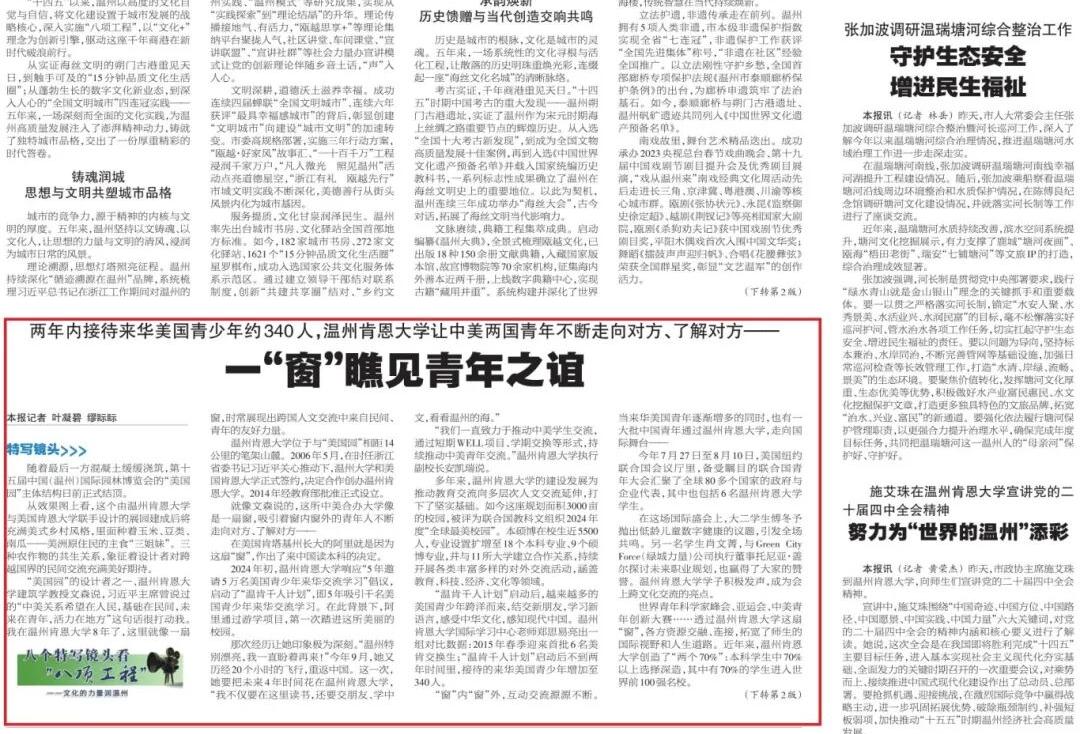
- WKU Student wins first prize in a national English speech contest: What is his answer to the value of boredom?
